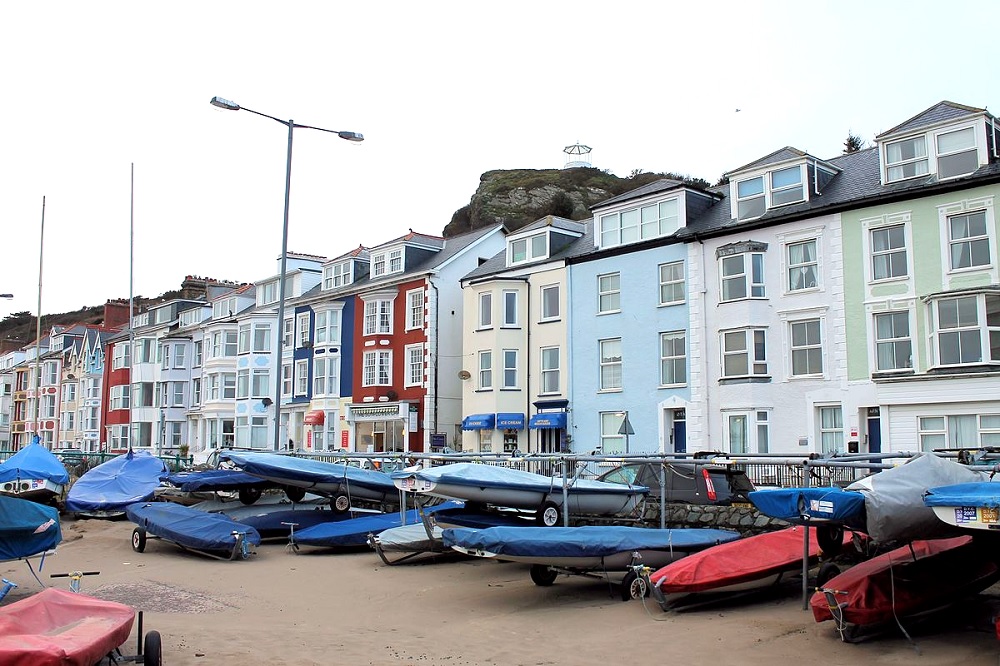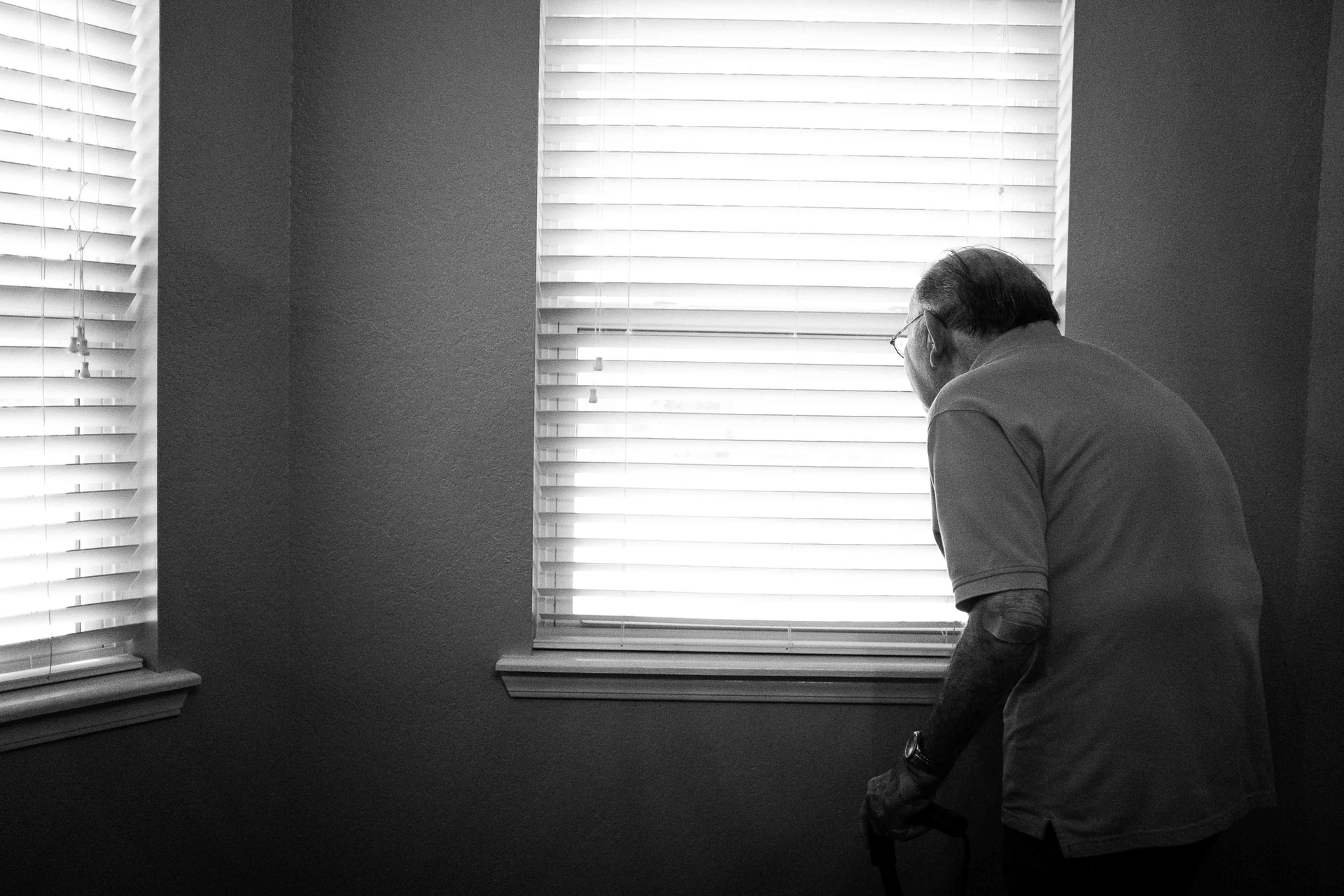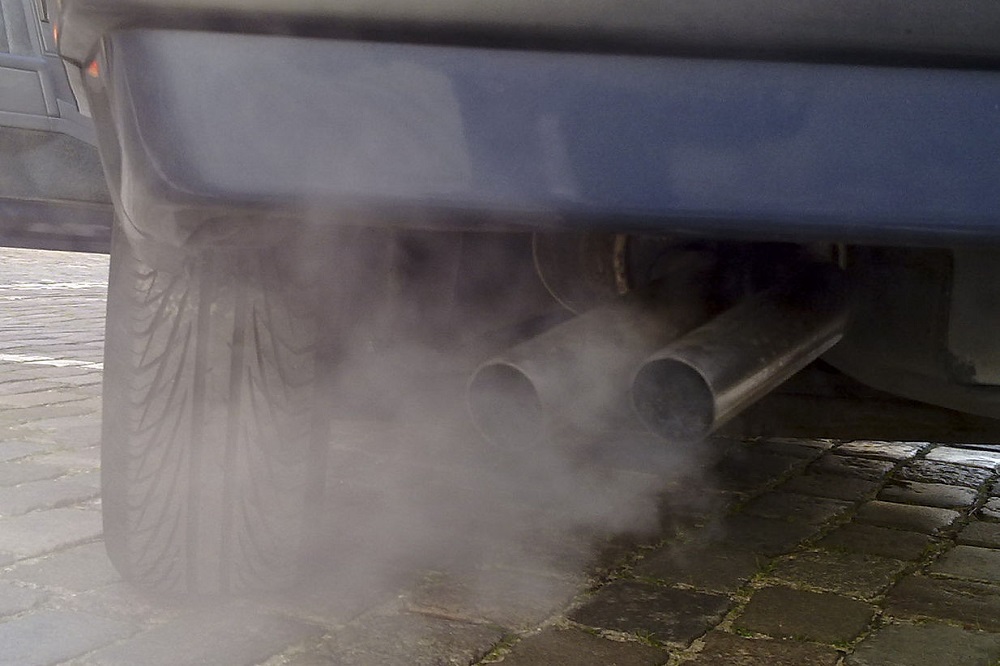News in brief: Second homes ‘perfect storm’ prices locals out of property market

Plaid Cymru is pressing the government for the urgent introduction of measures to halt the spread of second homes across Wales, as new figures show large numbers of residents in some areas are being priced out of their local property market.
Councillor Craig ab Iago, Housing Leader in Gwynedd Council, says that 60% of Gwynedd’s residents cannot afford to buy a house in the county, whilst figures recently published by Welsh Revenue Authority for March 2019-April 2020 show that almost 40% of properties sold in Gwynedd were purchased as second homes – the highest in Wales.
Cllr ab Iago said properties in his ward are often marketed solely as second home opportunities by estate agents, and it is akin to “rubbing salt on a wound.”
According to data from Gwynedd Council’s housing department, an additional 811 houses are required each year in Gwynedd to meet current local demand, but with 830 houses “lost” as second homes, this creates a shortfall of 1,641 houses each year.
Swansea City Council estimates around 1800 properties in the city are second homes, with the Gower, Swansea West and the Marina areas of the city being most affected.
The majority of people owning second homes within Swansea have their main residence outside of the city.
Siân Gwenllian, Member of Senedd for Arfon, and Plaid’s Deputy Leader for Party Policy, says that the proliferation of second homes has escalated to such an extent in some areas of Wales that a large proportion of locals are now priced out of the area, whilst the local demand for social housing outstrips supply.
Ms Gwenllian has called for a package of measures to be introduced to gain control over an issue she says, “Welsh Government does not yet have a handle on, nor shows the political will to tackle.”
Plaid Cymru housing spokesperson Delyth Jewell, MS says that the Covid-19 pandemic has brought a spotlight on the issue of second homes, saying it’s “crucial for a sense of community that local people aren’t priced out of their home” and calls for 50% of all new housing stock to be reserved as social housing.
Plaid Cymru is calling on the government to introduce a new classification for second home usage, which will allow the volume of houses being used as second homes to be controlled, and for the immediate closing of the loophole that allows second home-owners to opt out of paying council tax.
“Rising volumes of second homes causes many problems for communities in pushing up house prices – leading to depopulation – and threatens the sustainability of our communities for future generations. Yet, the Labour Welsh Government has failed to introduce any mechanism to protect our communities and our local housing stock,” Ms Gwenllian said.
“Welsh Government does not yet have a handle on, nor shows the political will to tackle this problem. They have allowed this to escalate to a point where our communities are facing the perfect storm: a local housing crisis as the demand for social housing outstrips the supply, whilst the volume of second homes spirals out of control and house prices rocket beyond the reach of local people.”
Public Health Wales has reported three new deaths due to coronavirus in the last 24 hours. There have now been 1,571 deaths due to the virus since the start of the pandemic in March.
Fifteen new cases have been confirmed, meaning a total of 17,389 people have been infected in Wales so far. PHW reports 4,021 tests for Covid-19 were carried out on Wednesday.

Government faces criticism over new funding for social care providers
The government is coming under fire following the announcement on Tuesday that £22.7 million in extra funding is being released to help meet the additional costs adult social care providers are incurring because of the Covid-19 pandemic.
Many care homes are currently facing financial challenges through loss of income because of increased vacancies due to the need to restrict new admissions to contain the virus.
The funding announced by Health Minister Vaughan Gething will be made available immediately and continue until the end of September when the situation will be reviewed again.
Care Forum Wales chairman Mario Kreft said: “The extra money is only a temporary sticking plaster to tide the sector over until September. What we also need as a matter of urgency is a national action plan to implement fundamental long-term structural change to a broken and fragmented system.”
“It is now August and this funding covers the period from 1 July, so providers were becoming increasingly desperate,” he added.
“We cannot afford to wait until September to review the overall situation again.”
Meanwhile, Andrew RT Davies MS, Welsh Conservative Shadow Health and Social Services Minister, says that as funds are being distributed through local authorities and health boards, care providers in the north are likely to receive less money than in the south.
“It’s a bonkers system, because it means that a care provider in Cardiff can receive as much as £12,000 a year more than a provider in Powys for the same level of service for one person, with an inbuilt north-south divide that has resulted in five north Wales councils being in the bottom 10 in a league table of the worst payers,” he said.
“For a 40-bed care home, that equates to around £500,000 a year.”
The support announced earlier in the week is in addition to the £40m Welsh Government made available to local authorities in April to assist the sector.

Plans to curb air pollution launched
The Welsh Government has outlined the measures it will take to improve air quality with the launch of its Clean Air Plan for Wales.
Air pollution in Wales contributes to an estimated 2,000 deaths a year and exacerbates existing lung conditions as well as negatively impacting on biodiversity and the natural environment.
Measures outlined in the plan include:
- significant investment in active travel infrastructure, improving rail services and supporting decarbonisation by targeting a zero exhaust emission taxi and bus fleet by 2028.
- investigating measures to support a reduction in personal vehicle use such as road user charging, Clean Air Zones and/or Low Emission Zones.
- implementing an electric vehicle charging strategy and supporting an increase in the proportion of vehicles which are ultra-low emission (ULEV) and promoting a shift to ULEVs for waste collection.
- reviewing the powers local authorities have to tackle emissions from domestic burning.
- investigating the contribution bonfires and fireworks make to levels of harmful emissions.
- increasing air quality monitoring through the development of a new Air Pollution Monitoring Network to protect the public, especially those most vulnerable, from air pollution.
- intelligent tree and hedge planting alongside expanding woodlands to support air quality improvements.
- strengthening the control of emissions in agriculture.
- delivering enhanced behaviour change communications and producing new statutory guidance to help protect workforces from exposure to air pollution.
- proposals for a new Clean Air Act for Wales to enhance existing legislation and introduce new powers to further tackle air pollution.
Lesley Griffiths, the Minister for Environment, Energy and Rural Affairs, said: “The aims outlined in the Plan are there to safeguard the most vulnerable, but improving our air quality nationwide will be to the benefit of everyone in Wales, and it’s something we should all want and strive for. But in order to achieve that, we have to take action now.”
“While the work outlined in the plan will run across government, the measures involved cannot be achieved by government alone – well have a role to play in ensuring that we tackle the problems of air pollution and poor air quality.”
The government had been hoping to pass a Clean Air Act before the Senedd elections next May, but now says it will be delayed.
Responding to news of the postponement, Plaid Cymru Shadow Minister for the Environment Llyr Gruffydd MS accused the government of “dithering” over the introduction of the act.
“It’s hugely disappointing that Labour also now admit they will fail to introduce a Clean Air Act in this Senedd. Plaid Cymru has been calling for an act since early in the last decade and it was a manifesto commitment of ours back in 2016,” he said.
“A plan without legislative clout isn’t ideal and Labour’s dithering now means were unlikely to see any legislation until at least 2022.”
Support our Nation today
For the price of a cup of coffee a month you can help us create an independent, not-for-profit, national news service for the people of Wales, by the people of Wales.




